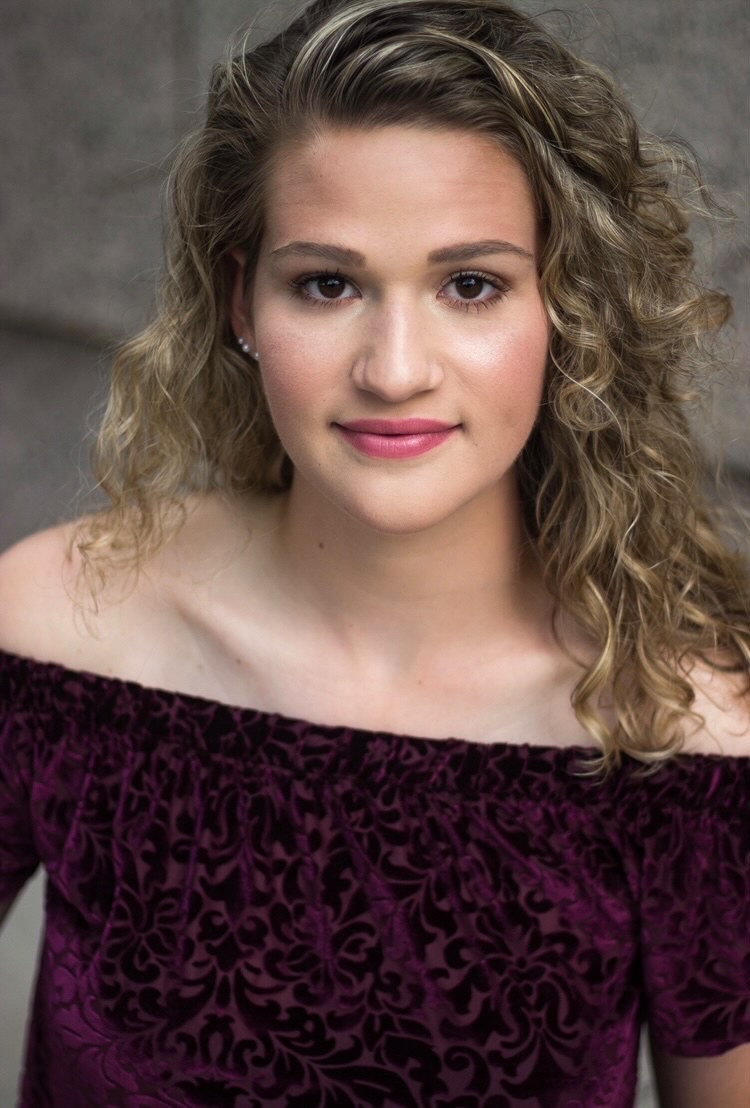Senior theatre majors Matthew Oxley and Lauren Janetti were finalists in their respective programs
This year, The Kennedy Center American College Theatre Festival (KCACTF) found itself a new stage and was held virtually. With the change, students in attendance were still able to engage with and receive feedback on their work.
During a normal year, the University of Rhode Island students who go to the festival get picked by regional festival representatives based on their performances in the theatre department’s mainstage shows. Due to COVID-19 and cancellation of the usual productions, students who were interested in attending the festival could do so through online self-submissions.
During the festival, students attended interactive workshops, listened to speakers and attended Q&A sessions. Pulitzer Prize-winning playwright of “How I Learned to Drive” Paula Vogel was one of the speakers at the event.
“[The festival] had a collection of speakers that had great wisdom to impart,” said senior attendee Matthew Oxley. “They had a lot to say that was artistically inspiring and gave me a sense of direction and positivity when the world finally opens back up again.”
In addition to the knowledge and wisdom they gained during these sessions, they also got to present their work and showcase their talent to panelists.
Junior Alana Parrot was part of the ASPIRE Leadership Fellows program along with 16 students regionally. At the end of the week, she and others in the program had to present their own theatre organization of their own series of plays and pitch it to a panel.
“I made it past the first round which was really cool,” Parrot said.
She was then invited back to interviews as one of three finalists to share more about her proposed organization, F*ck Black History Month, a season of Black plays dedicated to what she called Black History Year.
The students participated in different activities based on what fellowship they were competing for. Senior Lauren Jannetti was part of the National KCACTF Musical Theatre Fellowship program.
“We got to make a group number and had to make it virtually,” Janetti said. “We all had to record our parts separately and then the day of the showcase we finally got to see everything put together.”
Janetti was selected for the final competition as one of 12 students competing. Oxley moved into his own final of 16 students as part of the Irene Ryan Scholarship program, in which he competed against 168 students regionally.
Online platforms can sometimes be confusing and difficult to navigate. According to theatre students, The KCACTF did a great job of keeping things organized and user-friendly.
“They had a clean, efficient schedule and every round [preliminary, semi-final and final] we would go into different Zoom rooms and have professionals respond to our work after each showing,” said Oxley.
On top of this, the festival also provided a website where there were color coordinated schedules with all the links to Zoom links for students to follow. Junior Melie Hayes was an intern for the festival and received special acknowledgement at the final ceremonies.
Even though this festival was held online, students received a lot of feedback from professionals in regards to their work. Janetti said that receiving this feedback was her favorite part of the festival. Students have used what they have learned from the festival and taken that knowledge back to URI to make big changes and become leaders in their field.
“One of the biggest things I have been able to do is actually help change our acting curriculum, specifically with playwrights [whose stories] we tell,” Parrott said. “A lot of what we’re learning right now is based off of white playwrights, so I was able to find a swap list and we are actually swapping out one of our playwrights and learning about a playwright of color.”
Regardless of where the KCACTF is held or how it is presented, it remains an event that teaches a lot to theatre students, inspires them to make big changes and gets them excited for what the future of theatre holds.

